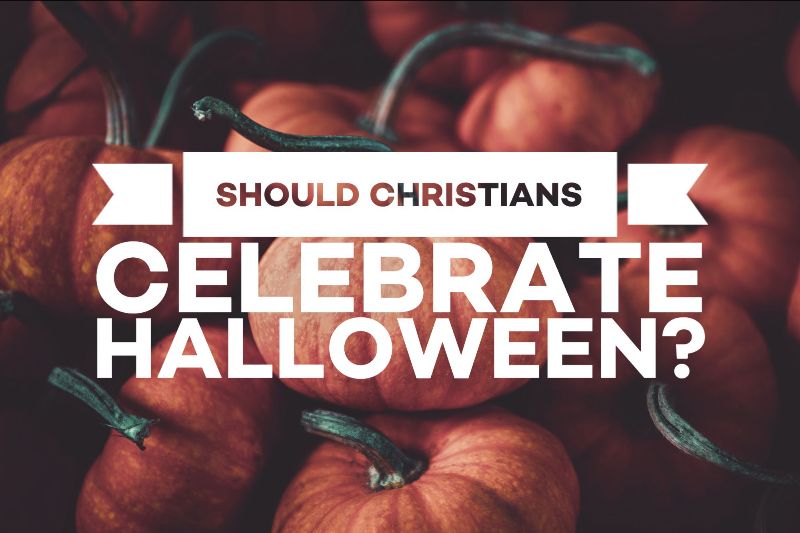
Every year at this time Christians discuss together what they do for Halloween. Do you celebrate it? Do you try to use it as an outreach? Do you avoid it and denounce it?
What makes matters more complicated is that there are more opinions than questions. It is my aim in this article, not just to add one more opinion, but perhaps inform your opinion with a perspective rarely heard in these discussions.
Origins Debate
Discussions about Halloween among Christians quickly get into the origins of the event. I won’t delve into the details here but typically the arguments go like this: Halloween has Satanic origins therefore it should not be celebrated today. For those who contend that it is fine to celebrate today either: (1) contest those origin stories (there are plenty after all), or (2) argue that the origin (even if nefarious) is far removed from today’s celebration.
I’m convinced that the origins debate is a red herring. Our days of the week derive their names from Norse gods yet I know very few who would object to use those names on account of their idolatrous origins. The same argument can be made for months (Roman gods/emperors), and other holidays/events on our calendar.
Trivializing Spiritual Realities
In all the Halloween discussions I rarely hear how Halloween can trivialize evil themes like demons, ghouls, witches, evil spirits, and so forth. While some may use this occasion for some occultic practice, the majority would affirm that Halloween is not a celebration of evil, but a time to get dressed up, get some candy, and have a little fun with the kids. That is, the majority of people see Halloween as a fun time that trivializes and mythologizes the very real reality of spirits, demonic activity, and the unseen warfare that Scripture affirms as happening today. Halloween teaches children that such things are make believe when the Bible says they are true. Halloween teaches children that such things are “fun” and “harmless” when the Bible says they are evil and deadly.
In the end, as Christians we should all agree that we should not celebrate, promote, nor trivialize evil spiritual realities.
A Path Forward
Regardless of all the arguments and opinions, every Christian needs to chart a path forward on what to do on the evening of October 31st. Here are three options:
1. Redeem It. Some choose to use Halloween as an opportunity to make the gospel known. What some mean for evil, we’ll mean for good. This can be done in a variety of ways like handing out tracts (tract or treating?), decorating with Christian themes, or dressing up your child as Moses rather than a monster.
2. Avoid It. Some choose to avoid it. After that first door bell ring the family heads into the basement and turns out the lights. There are others ways in which this can be done to avoid it all together.
3. Replace It. Some choose to replace it by celebrating something else. An example of this is to celebrate the Reformation since October 31st is when Martin Luther posted his Ninety Five Theses and started a firestorm we call the Protestant Reformation.
Christians won’t handle this in a uniform way (cf. Romans 14). That’s ok and we should still love each other.
I have leaned toward the third way and our church has hosted a Reformation Celebration for the last number of years. On a night with so many reminders of darkness, we celebrate how after darkness there was light. Post tenebras lux, “after darkness, light” was a Latin reformation slogan describing how the light of the word has broken into the world darkened through the absence of that word. We use this evening to learn more about the past and equip for a revival of light in our own day of darkness. (Of course, we do this while having fun with candy and food too.)
